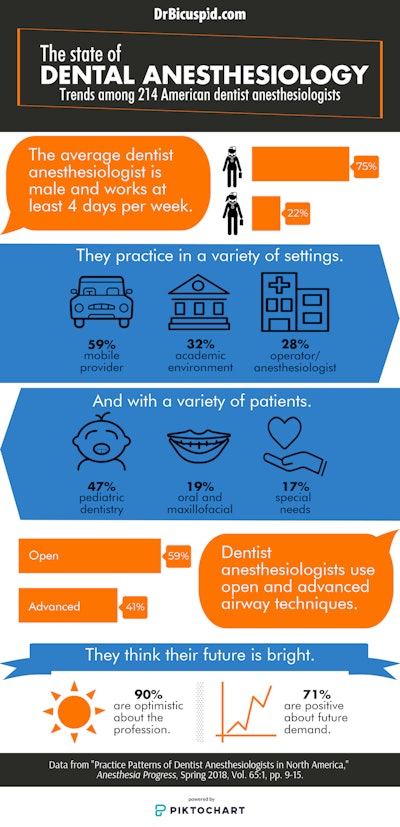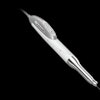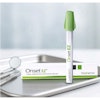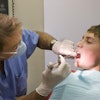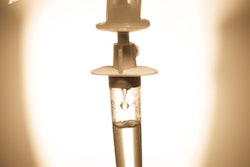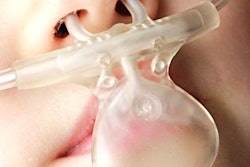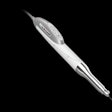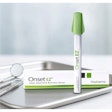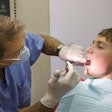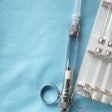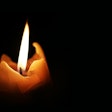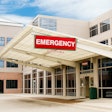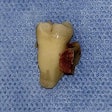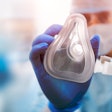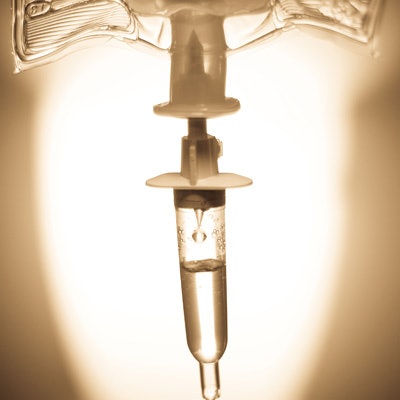
The average dentist anesthesiologist is a man who works at least four days per week and is optimistic about the future of the profession, according to a recent survey of more than 200 dentist anesthesiologists in the U.S. and Canada.
Researchers sent an electronic and paper survey to 338 active members of the American Society of Dentist Anesthesiologists to gauge trends in the profession. More than 60% of members responded, and the findings were published in the American Dental Society of Anesthesiology journal Anesthesia Progress (Spring 2018, Vol. 65:1, pp. 9-15).
"The demographics show diverse practice patterns of dentist anesthesiologists in multiple regions of the continent," wrote the authors, led by Andrew Young, DDS. "Despite concerns regarding specialty recognition, reimbursement difficulties, and competition from alternative anesthesia providers, the overall perceptions of dentist anesthesiologists and the future of the field seem largely favorable."
Dr. Young is a dentist anesthesiologist in the San Francisco Bay Area. During the time of the research, he was a dental anesthesiology resident at the University of Pittsburgh School of Dental Medicine.
Survey findings
Dentist anesthesiologists vary by age, years of experience, and practice location, but there were some striking similarities. Of the 214 respondents, more than 75% were men, and almost all practice at least four days per week. However, gender ratio is changing for younger dentist anesthesiologists, the authors noted.
“The demographics show diverse practice patterns of dentist anesthesiologists in multiple regions of the continent.”
"Older dentist anesthesiologists are primarily male; however, the trend for new providers appears to be more inclusive of females," they wrote.
The majority of dental anesthesiology is provided for pediatric dentistry, followed by oral and maxillofacial surgery and special needs patients. Dentist anesthesiologists are also highly optimistic about the future of their profession, despite growing competition and increased regulation.
"There is a perceived competition for service demands and future growth from alternative anesthesia providers, such as medical doctors and certified registered nurse anesthetists," the authors wrote. "Despite these concerns, the majority of dentist anesthesiologists have a favorable outlook on the profession and feel positive regarding future demand."
See what else researchers found in the infographic below.
